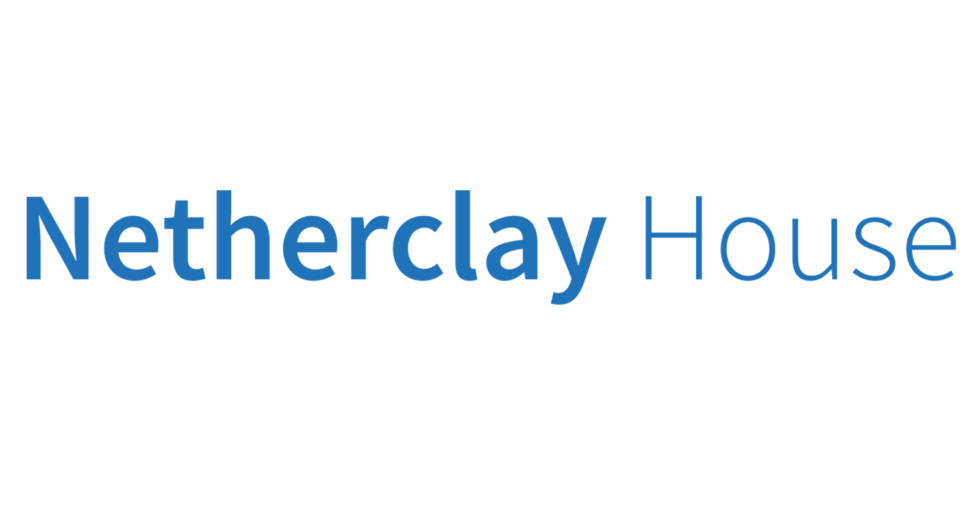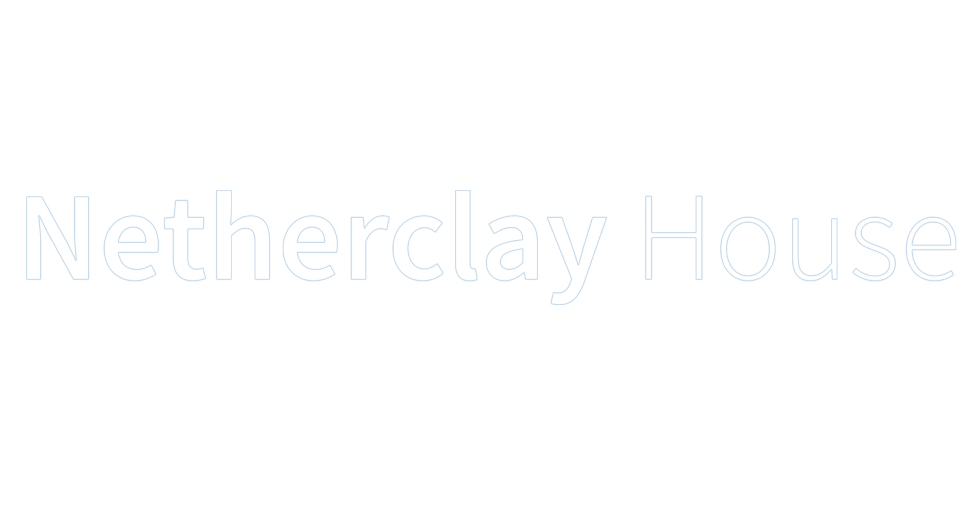Why Work with Us?
Some of the reasons that NHC might be right for you.Induction, Training and On-going Support
Starting a new job can be a daunting experience, not least if you are new to care.
At Netherclay Home Care, we run a comprehensive induction and orientation programme and support our new colleagues on an ongoing basis – we make sure everyone settles in well and feels comfortable delivering the highest quality of care.
Let’s look at how we do this: from job application to integration into the team.
Recruitment
So you’ve decided you want to work with us. Great. All you need to do is fill out our online application form and we will get back to you for an interview.
Assuming all this goes well there will be an interim period while your application is processed and all necessary checks carried out. From when you get the job to when you start work can take a little time.
How much time depends on a number of factors. Of course we need to get a DBS check for you before you start and you may need to give notice to your previous employer. Though they can take longer, DBS checks take about two weeks so you might be delivering care from as little as two weeks after we decide we want to work together.
However, while we are waiting for the DBS to come through, we can start your induction.
Induction
We don’t throw you in at the deep end. Even if you have a lot of experience in care, during your first week with us, you will have a thorough classroom-based induction with our in-house training team.
Our induction provides you with a nationally recognised care certificate to evidence your training.
The certificate gets you ready to deliver care and covers the following: legal responsibility and company code of conduct, equality and diversity, the Gold Standards Framework, personal care, manual handling and safeguarding, food hygiene, care of those living with dementia, mental capacity, medication and loan working, first aid and palliative care, and diabetes stroke and Parkinson’s awareness.
Orientation
After the introductory training, it’s time to meet some clients.
Orientation lasts for a minimum of three days (although, if you need more time to get used to everything, it can last for quite a lot longer). During this time, you will go out with experienced carers to meet clients and receive further, on-the-job training.
The carers that you shadow during this phase will continue to provide peer support, even after you start your own clients. More on this later.
As well as shadowing other carers , you will also have a minimum of three shifts on a double up run. A double up, or two handed care, is where two carers visit one client to support them. During orientation, you will act as a second to one of our more experienced carers. On double up visits you will meet more dependent clients which will provide good experience as you will be introduced to higher dependency needs with a more experienced carer.
When you are comfortable and happy with the role, you will be assigned your own run.
Your Run
Once the initial orientation period is over, you will be given your own clients and a regular run.
Your clients are chosen by our office staff and you will build up regular visits and establish a regular run.
Although there are a number of factors taken into account when allocating staff to clients the coordinators try and ensure that your journeys and travelling time are kept to a minimum.
The office plans short journeys, but we pay all travelling time at your usual hourly rate so you are not disadvantaged whether you are travelling or delivering care.
We have company cars available for those on full-time contracts which help provide a service to clients in rural locations.
Just because you now have your own clients and your own run, it doesn’t mean that you are on your own.
On starting with us, you will be assigned a senior and a coordinator who will take a special interest in you and are there to help support you whenever you need.
As we mentioned before, we also have a peer support system. When you start with us a carer will be asked to keep in contact and offer help and support where you need it. They may text, phone or meet up during a shift or after to see how you are getting on. This gives you an opportunity to share your experiences as well as offering a helping hand and a sympathetic ear.
Probationary Period and Appraisals
Although you are supported through your peer support network you have the opportunity to meet with your supervisors after you’ve been delivering care for a short while.
After you’ve been with us for six weeks, you’ll meet up with us for a mini review and catch up.
The next set meeting is after three months’ work, when we meet for a probationary review. After that you are a fully-fledged member of the team.
There are plenty of opportunities going forward to meet up and share experiences.
There are monthly carer meetings, and there is an open door policy – you are more than welcome to come to the office at any time to have a cup of tea and get to know everyone better
You also have the opportunity to meet regularly with your managers for professional supervision and support. Moreover you will meet with your manager every year for an annual review.
Of course, you will see us more often than that as there is ongoing training available – both in-house and training provided by an external provider. This means there is lots of room for career development and we offer support with diploma levels 1 to 5 and degree level qualifications should you choose.
If Netherclay Home Care sounds like a company that you would like to work for, apply online. Or give us a call if you need a paper application form. Check out our other post on pay rates and benefits if you want more information. We look forward to hearing from you.


